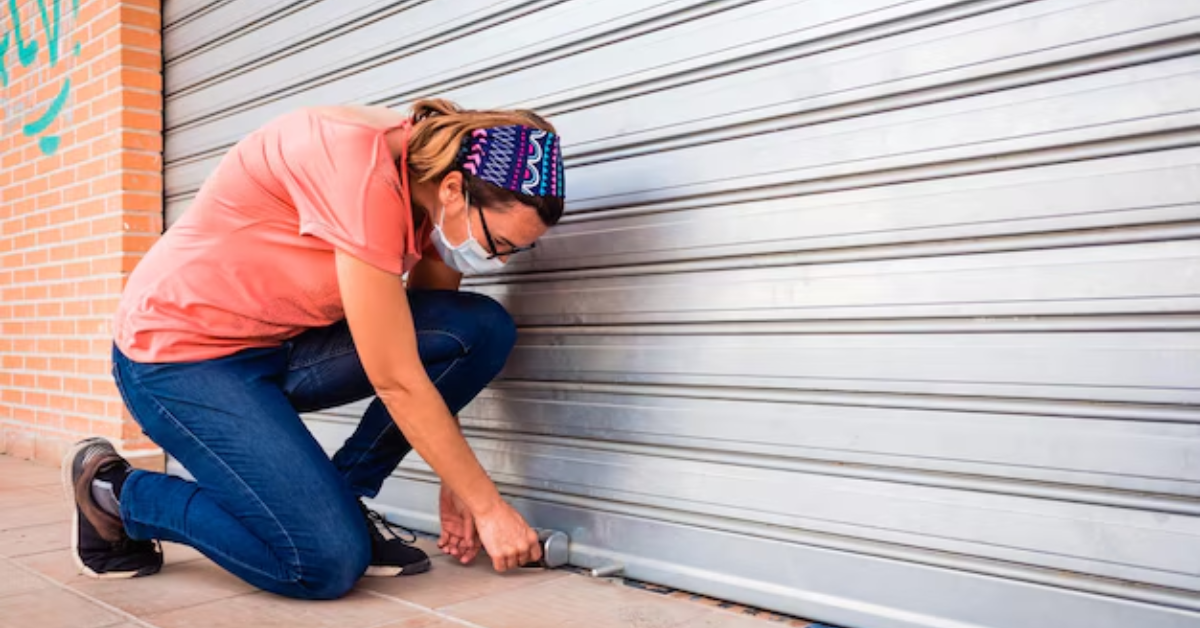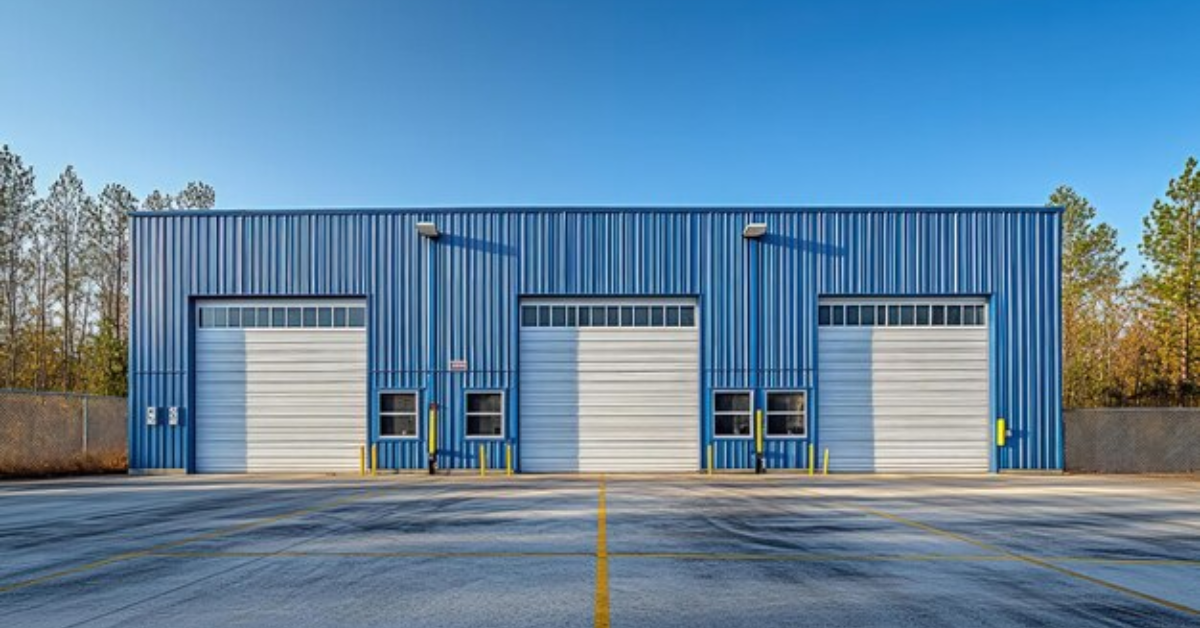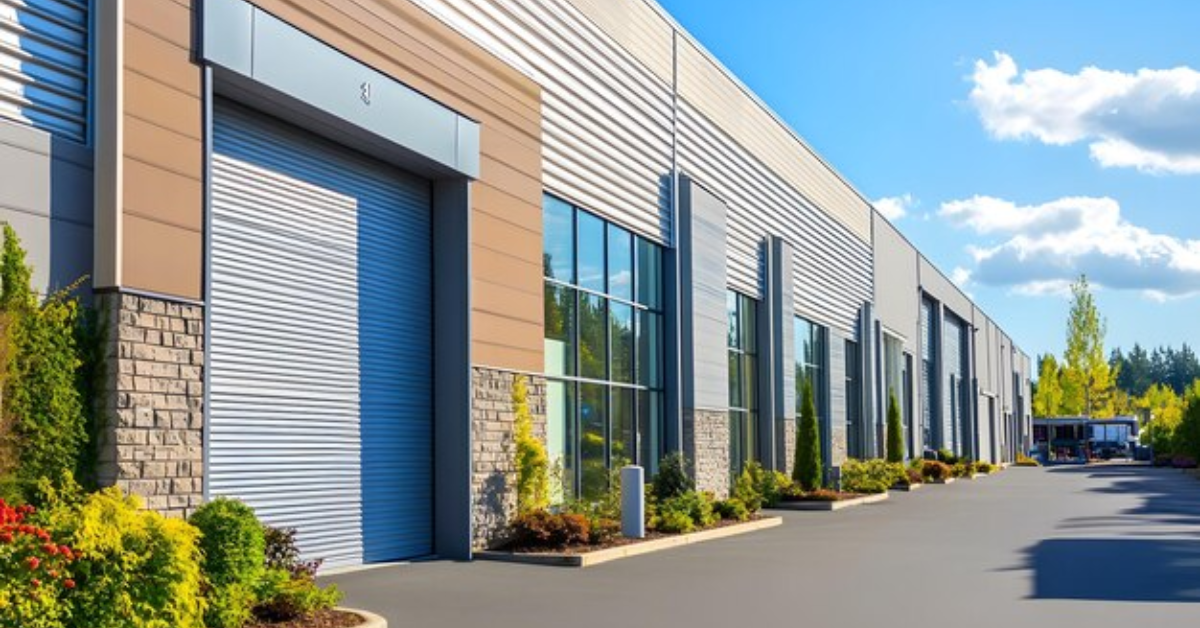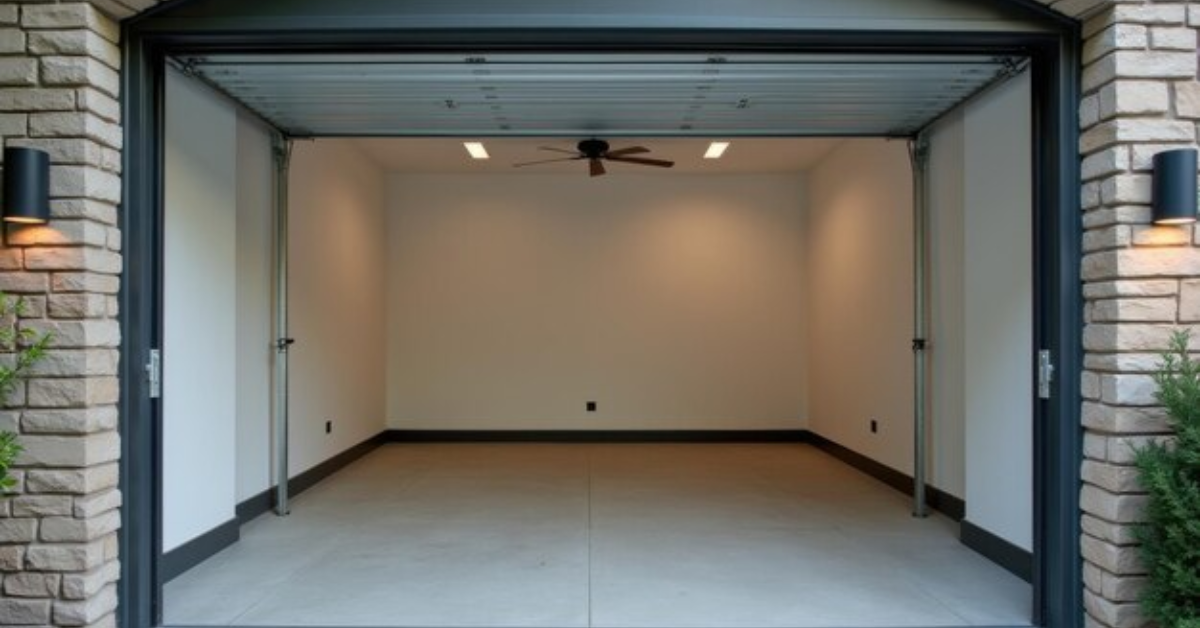Can DIY Maintenance Damage the Garage Door?
Garage doors are essential components of a home, providing security, convenience, and insulation. Like any mechanical system, they require regular maintenance to function properly. While many homeowners turn to DIY maintenance to save time and money, it’s important to understand the risks involved. Without proper knowledge or tools, DIY garage door maintenance can sometimes do more harm than good. In this article, we’ll explore whether DIY maintenance can damage your garage door, which tasks are safe to perform, and when it’s best to call a professional.
The Appeal of DIY Garage Door Maintenance
DIY projects are increasingly popular among homeowners. With easy access to online tutorials and a desire to reduce expenses, many people believe they can handle their own garage door upkeep. Tasks such as lubricating the tracks, cleaning the photo-eye sensors, or tightening loose bolts might seem simple. However, garage doors are complex systems that rely on tension springs, cables, rollers, and electronic components that require expertise.
Risks of DIY Garage Door Maintenance
1. Spring Tension Dangers
One of the most dangerous parts of any garage door system is the torsion spring. These springs are under extreme tension and play a critical role in lifting the heavy weight of the door. Attempting to adjust or replace them without professional tools and experience can lead to serious injuries or even fatalities. A single slip can cause the spring to unwind violently, resulting in broken fingers, head injuries, or worse.
2. Improper Alignment
Garage door tracks must be precisely aligned for the door to move smoothly. If they are bent or misaligned during a DIY repair, the door may become noisy, unstable, or get stuck mid-operation. Misalignment can also strain the garage door opener, leading to premature wear or motor failure.
3. Electrical Hazards
Modern garage doors are powered by electric openers that include circuit boards, sensors, and remote systems. Tampering with the electrical components without understanding the wiring can result in electrical shocks or permanent damage to the opener. If the safety sensors are miswired or not calibrated correctly, the auto-reverse function may fail, posing safety risks to people and pets.
4. Use of Incorrect Products
Many DIYers use household lubricants like WD-40, assuming they are suitable for garage door parts. However, such products can attract dirt and grime, which causes parts to wear out faster. Garage door systems require silicone-based or lithium-based lubricants that are designed to reduce friction without gumming up the components.
5. Worsening Existing Issues
What may appear to be a minor issue—such as a squeaky door or slow response—can indicate deeper problems within the system. DIY fixes often address symptoms rather than the root cause. In many cases, this leads to more expensive repairs down the line, as worn-out parts continue to deteriorate or stress other components.
Safe DIY Maintenance Tasks
Not all DIY garage door maintenance is harmful. In fact, there are a few basic tasks homeowners can safely perform to keep their system running efficiently:
- Visual Inspection: Look for
signs of wear and tear on springs, cables, rollers, and tracks.
- Lubrication: Apply garage door lubricant to rollers, hinges, and springs every six months.
- Cleaning Tracks: Use a damp cloth to remove dirt and debris from the tracks, but avoid realigning or bending them.
- Testing Balance: Disconnect the opener and manually lift the door halfway. If it stays in place, it’s balanced. If it moves up or down, the springs may need adjustment—this should only be done by a professional.
- Checking Auto-Reverse: Place a small object (like a roll of paper towels) under the door and close it. If the door doesn’t reverse immediately, the sensors may be blocked or misaligned.
While these tasks are relatively low-risk, they still require care and attention. Always refer to the garage door manufacturer's manual and safety instructions before attempting any maintenance.
When to Call a Garage Door Professional
Certain maintenance and repair tasks should always be left to licensed technicians. Here are scenarios where DIY can be dangerous or ineffective:
- Broken torsion or extension springs
- Snapped or frayed cables
- Opener motor issues or loud grinding noises
- Sagging or unbalanced door
- Garage door won’t open or close fully
- Remote control or keypad malfunctioning
Hiring a professional not only ensures the job is done correctly but also protects your warranty. Many garage door manufacturers void warranties if unqualified individuals tamper with parts of the system. Professional garage door technicians have specialized tools, safety training, and the experience to spot issues you might miss.
The Cost of DIY Mistakes
While DIY garage door maintenance might seem like a cost-effective solution, it can end up being more expensive in the long run. Mistakes such as overtightening bolts, damaging the opener unit, or failing to properly balance the door can lead to costly replacements. Moreover, downtime caused by botched repairs can disrupt your daily routine, especially if your garage is the main entry point to your home.
More importantly, safety should always be a top priority. Avoiding professional help on high-risk tasks not only jeopardizes your property but also your health and the safety of your family.
Final Thoughts
So, can DIY maintenance damage the garage door? Yes, it certainly can—especially when dealing with high-tension parts, electrical components, or complex alignments. While routine cleaning and inspections are perfectly safe, more involved tasks should always be entrusted to professionals.
Garage doors are heavy, technical systems that require a trained eye and expert handling. Instead of risking damage or injury, homeowners should view professional maintenance as an investment in the longevity, safety, and reliability of their garage door system.
By striking the right balance between basic upkeep and calling in the experts when needed, you’ll ensure your garage door serves you well for many years—smoothly and safely.

You might also like
Fix N Go Blog



